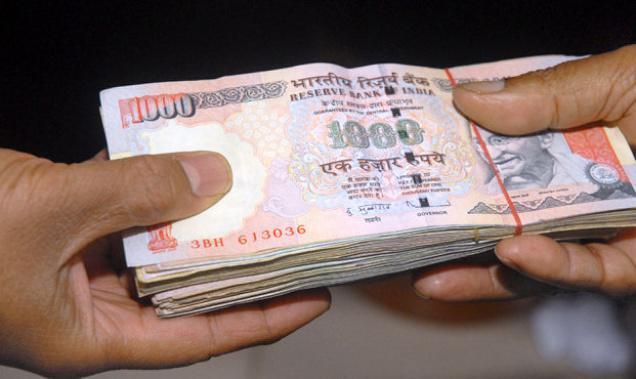Search
What is Mortgage? How does it Work?
April 24, 2017
A mortgage is a loan taken by a person to purchase a property or land. The reason why it is different than other kinds of loans is because it is secured against the property or land it is being taken for. Thus, if the loanee defaults on the loan then the bank or the lender has the right to repossess the property and sell it to get the money back.

How does a Mortgage Work?
Mortgage loans typically amount for 40% to 60% of the market value of a property. The remaining amount has to be usually paid by the loanee themselves.
The eligibility criteria for mortgage loans vary from one bank to another. However, some of the common factors are as follows:
-
Whether the property is new or old (former has a better chance of approval)
-
Income and assets of the applicant
-
Credit history and credit score of the applicant
The working of a mortgage loan is akin to any standard loan, except that in this case, the lender reserves the right to seize the property that’s linked to the loan and sell it for getting their money back in an event of defaulting.
The following are a few important things to know about mortgage loans in India:
-
Although foreclosure used to attract a fine in the past, now there is no penalty for the same according to the new RBI regulations.
-
Loanees often use amortization schedules which allow them to keep a track of their payments. It is a table detailing each periodic payment on a mortgage loan and provided by the lender.
Mortgage loans are secured loans and thus lenders don’t find it too difficult to sanction them as long as the applicant has a decent credit history. However, sometimes the lender may ask the applicant to get another applicant to sign with them for a joint loan to reduce the risks.



